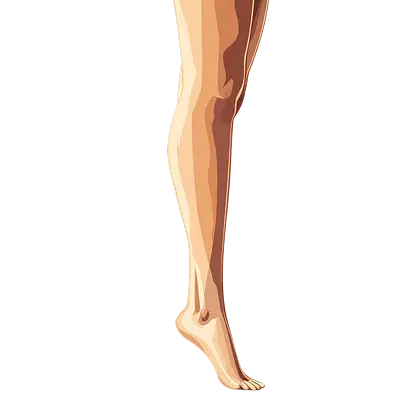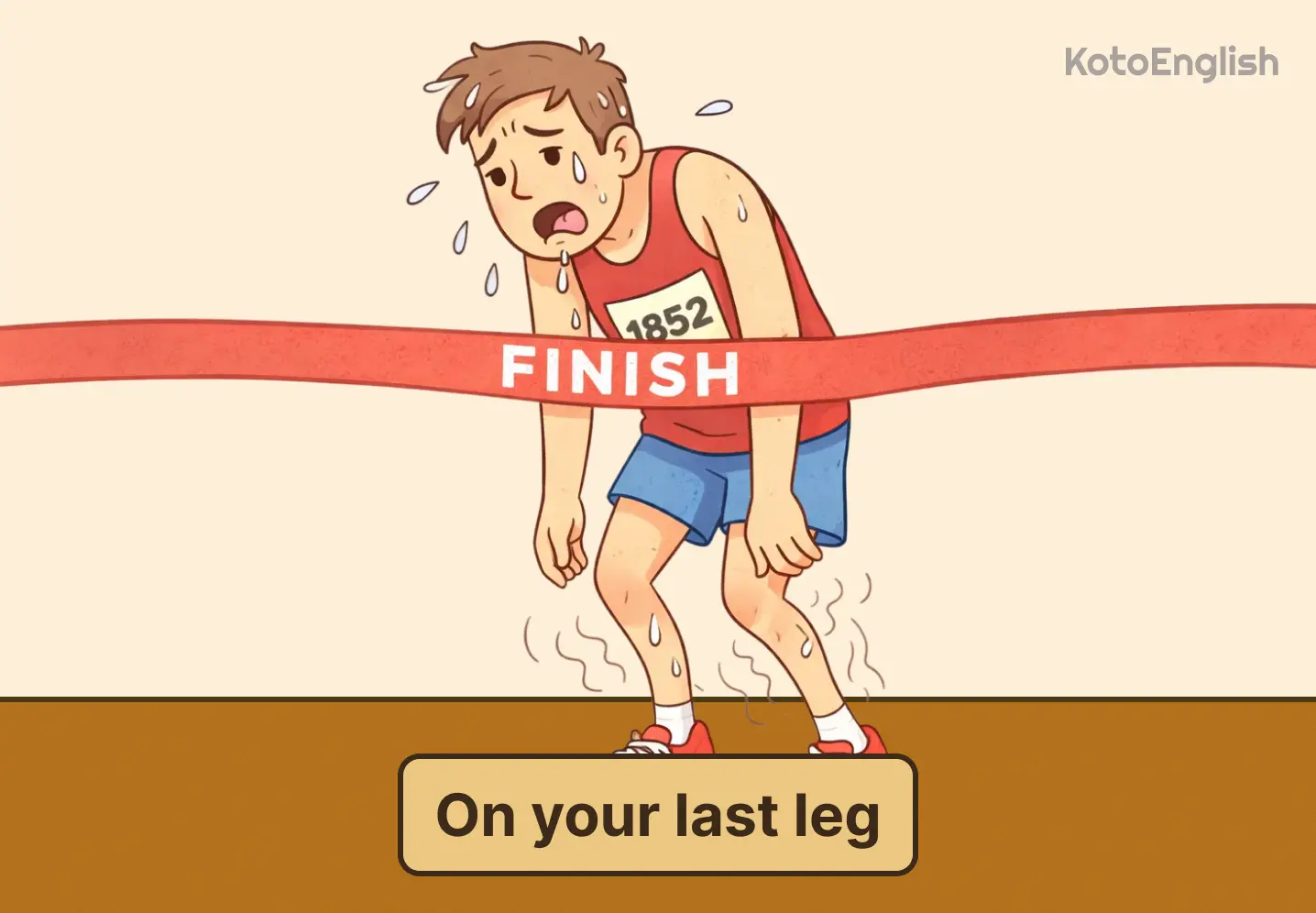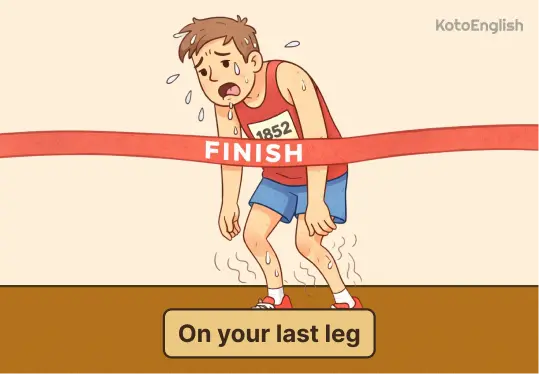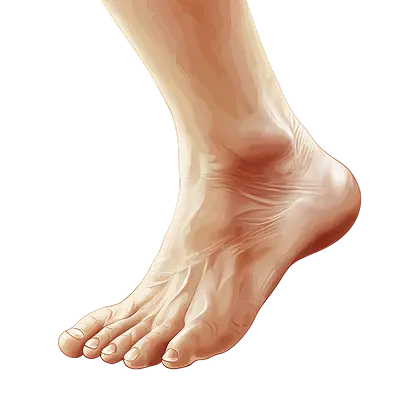

Leg (noun) — that part of the body stretching between the hip and foot, a prerequisite to standing, walking, running, and bearing the weight of the body. A leg is made up of the thigh, knee, shin and calf, acting as part of a whole.
How to Pronounce “Leg”?
Begin with a clear l sound, roll smoothly into the short e as in “egg,” and finish with a crisp g at the back of the throat.
Level up your English with Koto!
Contextual Usage: How to Use “Leg” in a Sentence?
The term “leg” describes a limb vital for motion, but it is likewise common in phrases and in areas such as trips, furnishings, and competitions.
What Are Synonyms for the Word “Leg”?
In order to make it easier to understand the use of “leg” in expressions, you should define a “leg” and know its synonyms first, so that it will be easier to grasp.
Related nouns: limb thigh shin calf paw appendage
Synonyms (contextual): limb
Common collocations: long leg strong leg leg of a journey leg of a race shake a leg
“Leg” Word Formation and Description in Context
In English, the word “leg” is reflected in different words used to talk of movement, equilibrium, and everyday activities.
With adjectives: strong leg long leg nimble leg flexible leg toned leg
With verbs: stretch a leg lift a leg swing a leg kick with a leg move a leg
With nouns (noun + noun): leg massage leg exercise leg warm-up leg stretch leg motion
Idioms and Phrases with “Leg”
Using idioms and phrases, “leg” sends a message about movement, a process, or a stage of the way or struggle, or effort: concepts too complicated to be grasped by a single word.
-
Leg of a journey/trip — a part or stage of a trip or project.
They completed the firstleg of their hiking trip before stopping at the mountain lodge for the night. -
Shake a leg — to move quickly or hurry.
“Shake a leg , or we’ll miss the train!” shouted Maria as she grabbed her bag. -
On your last leg — extremely tired or near the end of something.
After running around all morning setting up the festival, he wason his last leg and needed a break.


-
Pull someone’s leg — to joke with someone or tease them.
I thought he really won the lottery, but he was justpulling my leg . -
Stretch your legs — to walk around after sitting for a long time.
After the long bus ride, everyone got off tostretch their legs before continuing the tour.
Test Your Knowledge of “Leg” Meaning
Test your understanding of the “leg” definition and discover how this word appears in everyday situations.
Enjoy personalized learning!
“Leg” Word in Other Languages
Exploring how to spell “leg” and pronounce it offers a glimpse into language traditions around the world.
| Language | Word for “Leg” |
|---|---|
 Spanish
Spanish |
Pierna |
 French
French |
Jambe |
 German
German |
Bein |
All About Legs: Surprising Facts
Supporting, walking, running, and jumping, the word “leg” carries the body forward and shapes how we move through the world.
-
Legs are natural powerhouses.
The femur, the longest bone in the human body, averages about 19 inches (48 cm) in adults. Combined with more than 20 major muscles in each leg, they provide strength for running, jumping, and climbing. -
Legs hold the body in motion and provide stamina.
Normal healthy legs of human beings have a capability of walking 20-30 miles (32-48km) daily. They can sprint up to 27.8 miles per hour (44.7 km/h) which is all owing to powerful leg muscles. -
Legs are adaptable and flexible.
Because their hip flexors and hamstrings are flexible, trained athletes can raise their legs into a 180° split. A wide range of motion is made possible by the hip, knee, ankle, and tiny foot joints in each leg. -
Most hops over one leg in 30 seconds.
Himanshu Prajapati from India set a remarkable Guinness World Record by hopping on one leg 31 times in just 30 seconds. This feat demonstrates incredible balance, strength, and coordination in a single leg.
Popular Quotes About Legs
Through proverbs and literature, the “leg” word illustrates movement, effort, and the path toward achievement.
— Franklin D. Roosevelt
Explanation: Roosevelt suggests that a conservative can be endowed with all the capability to proceed but instead of making forward steps, they may just remain at the same location instead of adopting new ideas or change. It applies legs metaphorically and refers to the ability to act and progress.
— Rainer Maria Rilke
Explanation: The phrase “four legs in a bed” literally refers to the individuals in the partnership, but it also highlights that true marriage is about more than just closeness.
— T. S. Eliot
Explanation: The “legs” of tables and chairs highlight how movement and interaction are guided by both physical space and instinct. The quote uses legs literally to frame action while also conveying a sense of discovery, playfulness, and the small but significant steps of navigating the world.





